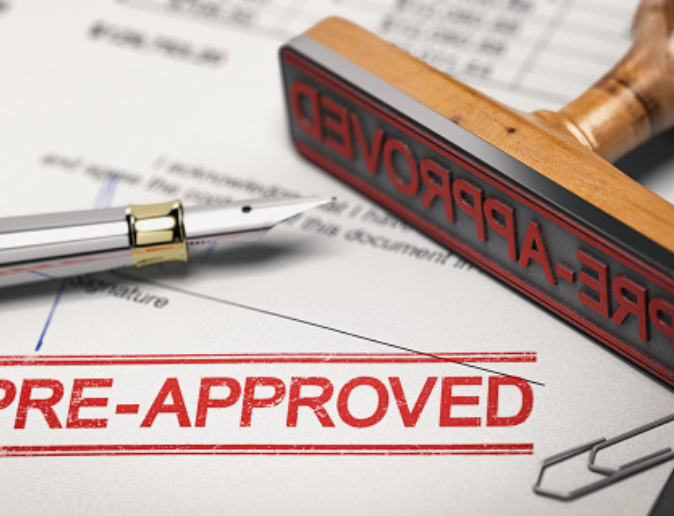Five things You Need to be Pre-approved for a Mortgage
Shopping for a house may be exciting and fun, but serious homebuyers need to start the procedure in a lender’s office, not at an open place. Most sellers expect buyers to receive pre-approval letters and are more willing to negotiate with those who verify their mortgage affordability.
Thus, to obtain pre-approval for mortgage loans, potential buyers must provide documents related to their assets and income, good reputation, employment certificates, etc.
Requirements for the Pre-approval process
It would help if you had these five things to get pre-approval for a home mortgage loan. It includes proof of assets and income, good credit, proof of employment, and other documents that your lender will demand.
1. Proof of income
Buyers are generally required to provide W2 pay stubs for the past two years, recent pay stubs containing the year’s income, and proof of additional income, such as alimony or bonuses and the past two years’ tax returns.
2. Proof of Assets
The borrower needs bank statements and financial investment reports to confirm that they have funds and cash reserves for the closing costs and down payments.
The down payment is typically expressed as a percentage of the sales price, and it varies by loan type. Many loans require buyers to purchase personal mortgage insurances (PMIs). Or they can pay at least 20% of mortgage insurance or other financing charges. In addition to the down payment, mortgage pre-approval is also based on the buyer’s FICO credit rating, debt-to-income ratio (DTI), and other factors, depending on the type of loan.
Except for jumbo loans, all loans are in line with the guidelines of government-sponsored companies (Fannie Mae and Freddie Mac). Some loans, such as Home possible (Fannie) and HomeReady (Fannie), are suitable for low- and middle-income or first-time home buyers.
Veterans Affairs (VA) loans do not require a down payment and are available for veterans, service members, and unmarried spouses. Buyers who receive money from friends or relatives to assist with a down payment may need a gift letter confirming that these funds are not loans.
3. Good credit
Most financiers require a FICO score of 620 or higher to approve traditional home mortgages. Furthermore, some even demand these scores for granting Federal Housing Administration mortgages.
Lenders generally reserve the lowest interest rate for borrowers with a credit score of 760 or higher. The FHA guidelines allow approved borrowers with a rating of 580 or higher to pay down payments as low as 3.5%. Therefore, consumers with lower credit scores will have to pay a higher initial deposit. Lenders usually work with borrowers having low or medium credit ratings and recommend areas for improvement.
4. Employment Verification
Most creditors want to ensure that they only lend money to borrowers with permanent jobs. In addition, lenders will demand the buyer’s payroll and call the employer to confirm the borrower’s employment and salary. The lender may want to contact the previous employer if the buyer has recently changed jobs.
Self-employed customers must provide additional documents concerning their business and income. According to Fannie Mae, various factors affect the approval of a self-employed borrower’s mortgage. It includes the stability of the borrower’s income, buyers’ location, type of business, and demand regarding the products or services provided by the company. Also, it includes the company’s ability to generate and distribute sufficient income enabling borrowers to pay mortgages on time.
5. Other Documents
The lender will need to copy the buyer’s driving license, social security number, and signature, allowing the lender to obtain a credit report.
During the pre-approval phase, prepare and provide (as soon as possible) any other documents required by the lender. Hence. the more you are willing to cooperate, the easier the mortgage process will be.
Generated with WriterX.ai — best AI tools for content creation

